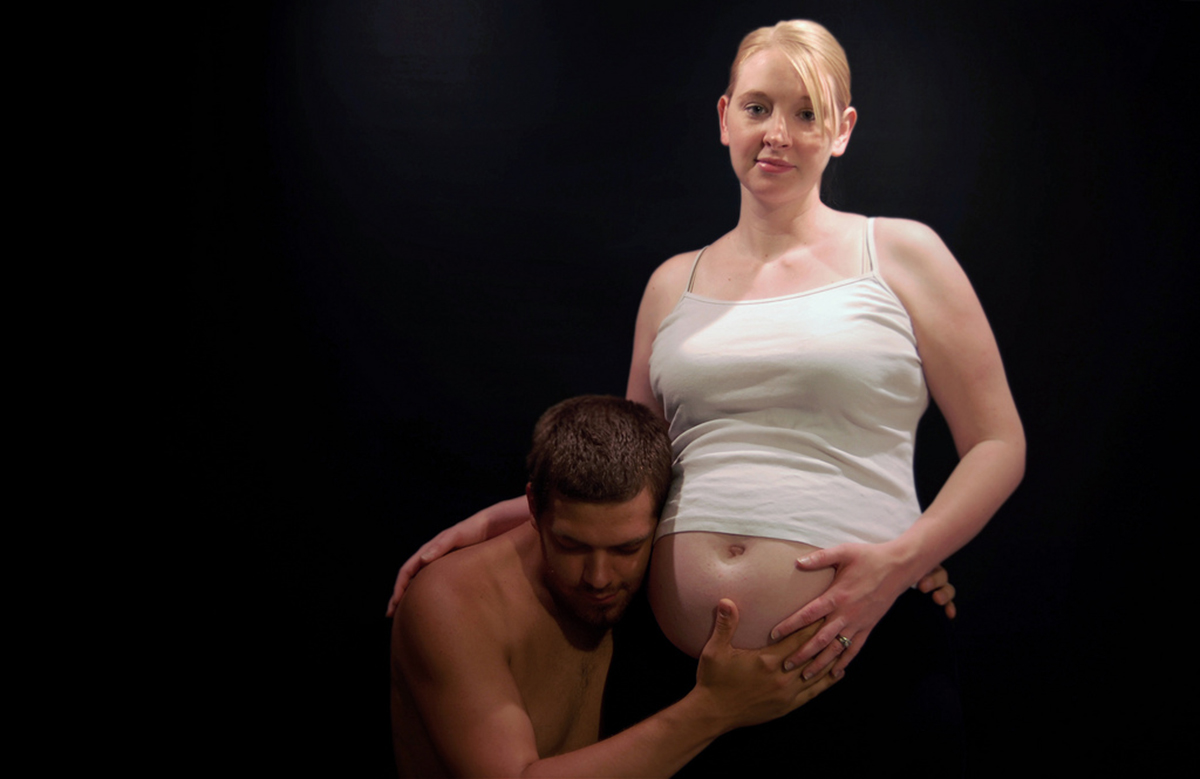Table of Contents
A 2013 study estimates that 13 percent of new mothers suffer from postpartum depression. A 2010 meta-analysis of 43 studies with a total of over 28,000 participants suggested that as much as 10 percent of new dads meet the same fate. Yes, fathers get postpartum depression too, and it is actually a lot more common that you probably thought. New fathers suffer from depression at more than double the rate of the general male population!

PPPD — Paternal Postpartum Depression
Men do, actually, experience hormonal fluctuations when their partner is pregnant, and again when she gives birth. Testosterone levels have been shown to drop, while estrogen, cortisol, and prolactin levels go up. While the reasons are not fully understood yet, it would make sense that these fluctuations serve to prepare men to be better fathers, and actually, to make sure they are active fathers to their new children, rather than going off and impregnating someone else. If this doesn't make sense to you, just remember that having sex with someone also activates the "love hormone" oxytocin. Hormones aren't just influenced by physical changes.
In addition, men's lives can change just as much as women's lives when they have a baby, in the twenty-first century at least. They, too, worry about raising that baby to become a productive, well-rounded, nice human being. They too suffer from sleep deprivation, and they too are under immense pressure to provide financially. In short, men get PPD too because they become parents too.
Signs Of PPPD
The signs of PPPD can include those you've already come to expect with the signs of postpartum depression:
- A loss of interest in activities the person previously enjoyed, and a general lack of happiness
- A lack of interest in their baby or their relationship
- Worrying about not being a competent parent or provider
- Sleep changes, either insomnia or a constant need to sleep
- Changes in appetite
- Sadness and crying
- Not being able to concentrate or make decisions
- Feelings of worthlessness and guilt
- Thinking of suicide and self-harm
Men, like some women, can also express their depression by becoming irritable and moody. They may exhibit anger and may yell frequently. Physical symptoms they can experience are breathlessness, heart palpitations, and panic attacks that may make them feel like they are having a heart attack. Interestingly enough, a man's partner being depressed greatly increases the risk that he will become depressed as well.
Treatment Options
Treatment options can be divided into three categories: self-help, therapy, and medication.
Self-help covers a broad range of practices, from getting enough sleep (might be impossible with a newborn) and making sure you eat well, to taking time out just for you and exercising regularly. Talking about your feelings with your partner or friends, setting up a support network so you don't feel quite so alone, and simply admitting that raising a child is hard work and making mistakes is allowed are all good steps. Though these things prove to be immensely helpful to some people, it would be ridiculous to assume that they're always enough to help anyone — moms or dads — overcome postpartum depression.
See Also: The Roots Of Postpartum Depression Run Deep
Individual therapy or counseling together with your partner is another very good option. Should that not help enough, antidepressant medications can also be prescribed. While you are in treatment, remember that there's no shame in being depressed, and it's not a choice you made or your fault in any way. By seeking treatment, you are being a responsible and caring parent.
- Photo courtesy of Krasi via Flickr: www.flickr.com/photos/krasi/2636583955
- Photo courtesy Adamjonfuller via Flickr: www.flickr.com/photos/adamjonfuller/6007559685


Your thoughts on this